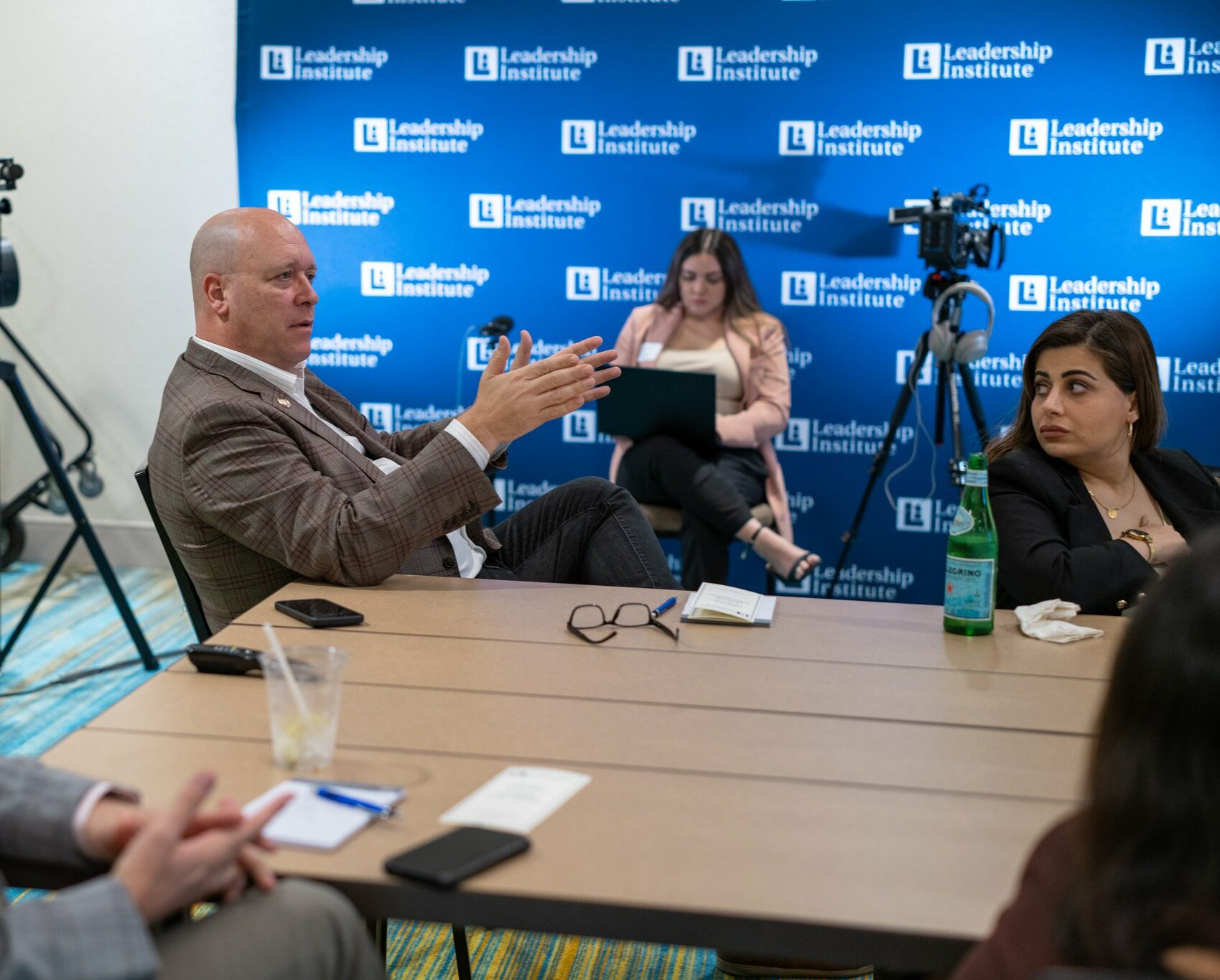
Student leaders learn how to organize their own campus groups, engage in campus activism, host well-attended speaker events, and work to make campus policies fair to conservative students.
Ready to accelerate your political career? The Leadership Institute’s expert-crafted trainings equip you with essential skills and knowledge for success in politics.
Leadership Institute offers top-tier trainings that will equip you with the necessary skills and knowledge to become an influential movement leader.